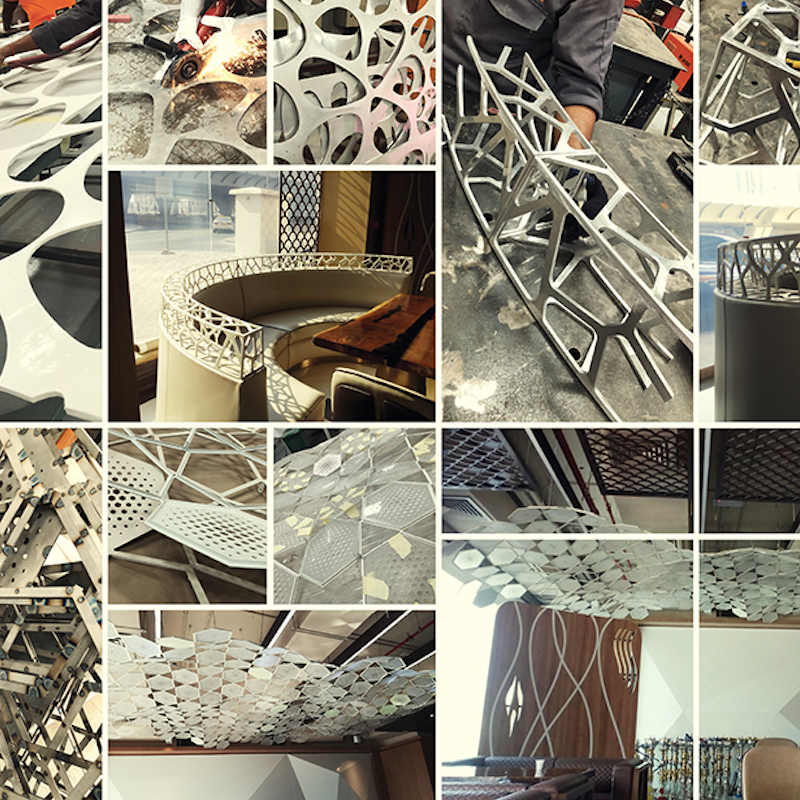
Metal fabrication serves as a foundational element in the energy sector, providing the essential components necessary for harnessing, generating, and distributing various forms of energy. This article discovers how metal fabrication companies play a vital role in supporting the energy industry, from the production of renewable energy equipment to the maintenance of critical infrastructure.
Renewable energy equipment
Metal fabrication is crucial in the production of components for renewable energy technologies. Wind turbines, for example, rely on precision-crafted metal parts for their towers, blades, and nacelles. Solar panels, too, require metal frames and supports. By fabricating these components to exact specifications, the energy sector can harness wind and solar power efficiently.
Oil and gas infrastructure
The oil and gas industry heavily relies on metal fabrication for constructing and maintaining infrastructure. Pipelines, rigs, and processing facilities all require precision metalwork to ensure safe and efficient extraction, transport, and refinement of hydrocarbons.
Nuclear energy
Nuclear power plants depend on precise metal fabrication for various components, including reactor vessels, fuel assemblies, and cooling systems. The stringent safety and quality standards of the nuclear industry demand precision and reliability in metal fabrication.
Hydroelectric power
Hydroelectric power stations use turbines, generators, and dams, which require expert metal fabrication to withstand the extreme pressures and forces of water flow. Metal components are fabricated to endure the harsh conditions of hydroelectric operations while maximizing energy production.
Energy storage solutions
Energy storage systems, such as batteries and grid-scale storage facilities, rely on metal fabrication for their enclosures, casings, and connections. These components must ensure safety, thermal management, and long-term reliability for the efficient storage and release of energy.
Electrical grid infrastructure
The electrical grid, which distributes energy to homes and businesses, depends on metal fabrication for constructing transmission towers, power distribution panels, and substation equipment. These metal components ensure the reliable transmission and distribution of electricity.
Metal fabrication serves as a linchpin in the energy sector, underpinning the production of renewable energy equipment, supporting oil and gas infrastructure, and contributing to the safe operation of nuclear and hydroelectric power. Additionally, metal fabrication plays a crucial role in energy storage solutions, grid infrastructure, alternative fuel production, and carbon capture and sequestration efforts.